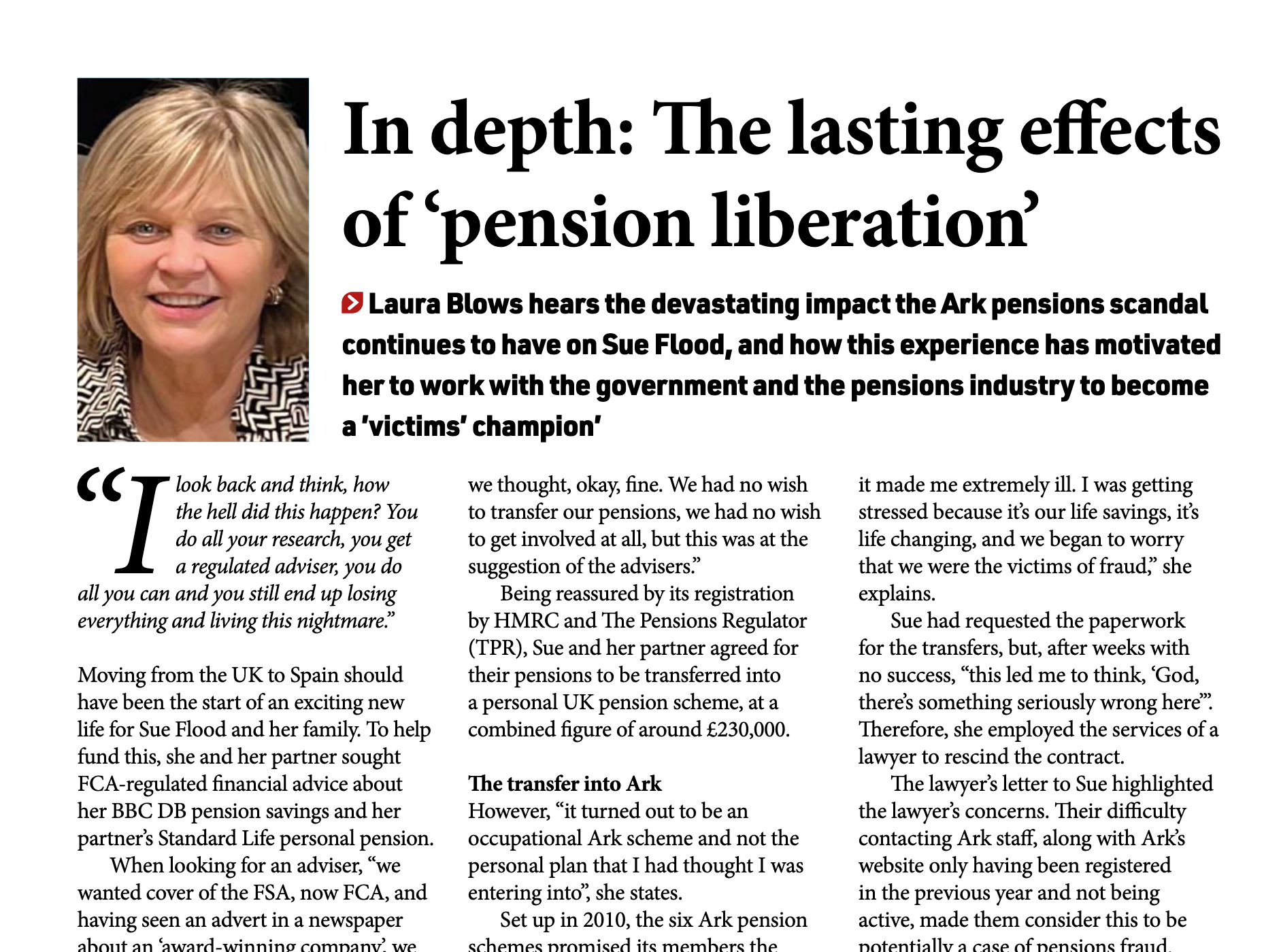Across the UK, victims of fraud — particularly those hit with unjust HMRC tax charges — have been left without justice, support, or recognition. Many were drawn into fraudulent investment schemes or pension scams, only to face the crushing blow of subsequent tax bills. For years, this issue has remained largely under the radar.
That’s changing — thanks to courageous political leadership and growing cross-party support.
Political Champions Leading the Way
The Investment Fraud Committee are deeply grateful to the politicians who have stepped forward to support victims and call for change.
We especially want to recognise the members of the Investment Fraud Committee, whose work has been vital in turning political attention into action:
Alex Sobel MP – A consistent advocate who has shown unwavering commitment to understanding the complexities victims face, both in and out of Parliament and co-chaired the Investment Fraud APPG’s November 2023 inquiry into the issue.
Sarah Bool MP – A leading voice in support of fairness and financial accountability, championing victims in committee discussions and parliament and now co-chair of the Investment Fraud & Fairer Financial Services APPG
Lord John Mann – A long-time fighter against injustice who brings deep insight and gravitas to this campaign. Many victims were moved to tests during his powerful speech on their behalf at the recent summit held in Parliament by the Investment Fraud Committee.
These parliamentarians have gone above and beyond — giving victims a platform, challenging the unjust tax system, and helping drive the campaign forward with clarity and compassion.
Honouring Ongoing Support from Parliamentary Leaders
We are also proud to have had the early and ongoing support of two highly respected figures in Parliament:
Caroline Nokes MP, now Deputy Speaker of the House of Commons, has been a consistent ally throughout our journey. Her decision to speak at our recent Parliamentary Summit — alongside Alex Sobel MP and Sarah Bool MP — sent a powerful message of solidarity to victims and campaigners alike.
Sir Stephen Timms MP, now serving as Minister for Disabled People, has long shown a thoughtful and sincere commitment to the cause. While his current role means he cannot publicly campaign, his past advocacy continues to inspire and influence our work.
We thank them both for their integrity, compassion, and lasting support.
A Campaign with Purpose: Challenging Unjust HMRC Charges
Our current campaign is focused on a deeply unfair reality: victims of fraud being pursued by HMRC for tax on funds, in some cases,they never actually gained — in many cases, victims of scams or investment frauds now face life-altering tax demands.
This is not just a policy oversight. It’s a human injustice. And it must be fixed.
Our goals include:
Stopping the double punishment of fraud victims
Securing fair, consistent treatment from HMRC
Creating clear redress pathways and oversight mechanisms
Ensuring victims’ voices shape future policy
The Moment Is Now: We Need More MPs to Step Forward
We are seeing real momentum. But we cannot stop here.
To every MP reading this: Please
Join us. Add your voice to the growing call for justice. Whether you represent a constituent, sit on the committee, or simply believe in fairness — you are needed.
Ways you can help:
Attend one of our cross-party virtual calls
Speak out in Parliament or in local forums
Raise questions to HMRC and the Treasury
Back future legislation and policy change to protect fraud victims
Together, We Can Fix This
This campaign is not about party lines. It’s about people. About restoring dignity, trust, and fair treatment to those who’ve been let down by both criminals and the system meant to protect them.
To get involved or receive a full campaign briefing, please contact us.
Let’s show victims that Parliament is listening — and acting.


